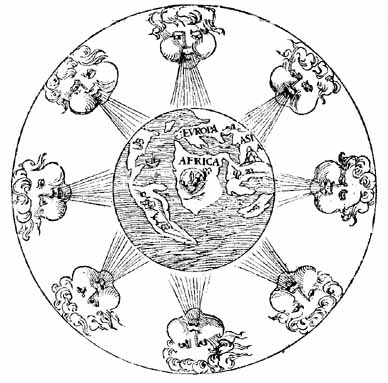New journal: BIONOMINA (International Journal of Biological Nomenclature and Terminology)
BIONOMINA
(International Journal of Biological Nomenclature and Terminology)
Should we write Hexapoda or Insecta, Testudines or Chelonii, systematics or taxonomy,
character or attribute, monophyletic or holophyletic, rank or category? What is the origin
and meaning of the terms gene, induction, species, hybrid, hybridogenesis, klepton,
relacter, fitness, exaptation, natural selection, genetic pollution, holism, teleology?
Science does not consist only in “facts” and data, but also in theories, hypotheses and
concepts. An unambiguous and efficient communication between scientists, and between
them and society as a whole, requires the use of well defined terms, understood in the
same way by all. Many scientific errors, debates and polemics take their roots in
misunderstandings that result from the use of a vague
terminology or in an approximate or erroneous
nomenclature. In this domain, “common sense” is rarely
a good guide, as was aptly stressed by Bertrand Russell
in 1953:
“No one wants to alter the language of common sense,
any more than we wish to give up talking of the sun
rising and setting. But astronomers find a different
language better, and I contend that a different language
is better in philosophy. (...) I conclude that common
sense, whether correct or incorrect in the use of words,
does not know in the least what words are. I wish I could
believe that this conclusion would render it speechless.”
So far, no journal in the world was devoted specifically
to the questions posed by scientific language,
particularly in the domain of biology. This will be the
purpose of Bionomina, published, simultaneously online
and in paper version, in New Zealand by Magnolia Press (publisher of Zootaxa, Phytotaxa,
Zoosymposia and Molluscan Research). This journal will deal with all questions related to
the “language of biology” in a transversal and pluridisciplinary approach, touching biology,
epistemology, linguistics, translation, history of sciences, sociology and philosophy. The
journal can be accessed by the link: .
Editorial Board
Chief Editor: Alain DUBOIS (Paris, France).
Deputy Editor: Alessandro MINELLI (Padova, Italy).
Managing Editor: Zhi-Qiang ZHANG (Auckland, New Zealand).
Other members of the Editorial Board: Erna AESCHT (Linz, Austria); Richard BATEMAN (Richmond, UK); Brent
BERLIN (Athens, USA); Yann BERTRAND (Huddinge, Sweden); Olivier BÉTHOUX (Black Mountain, Australia);
Roger BOUR (Paris, France); Ingo BRIGANDT (Edmonton, Canada);
Michel CHAUVET (Montpellier, France); Frédéric CHÉROT (Gembloux,
Belgium); Benoît DAYRAT (Merced, USA); Mark EPSTEIN (Ewing,
USA); Philippe GRANDCOLAS (Paris, France); Werner GREUTER
(Berlin, Germany); Thierry HOQUET (Nanterre, France); Julio Mario
HOYOS (Bogota, Columbia); Nikita KLUGE (Saint-Petersburg,
Russia); Michel LAURIN (Paris, France); Valéry MALÉCOT (Angers,
France); Rolf RUTISHAUSER (Zürich, Switzerland); Gerhard SCHOLTZ
(Berlin, Germany); Marc VAN REGENMORTEL (Strasbourg, France);
Lars VOGT (Bonn, Germany); ZHONG Shengxian (Chengdu, China)
Contents of volume 1 (December 2010)
Alain Dubois. – Bionomina, a forum for the discussion of
nomenclatural and terminological issues in biology.
Jens H. Kuhn & Victoria Wahl-Jensen. – Being obsessivecompulsive
about terminology and nomenclature is not a vice,
but a virtue.
Nikita Julievich Kluge. – Circumscriptional names of higher taxa in Hexapoda.
Roger Bour. – Constant Duméril’s Zoologie Analytique was published in 1805.
Thiery Hoquet. – Why terms matter to biological theories: the term “origin” as used by Darwin.
Contents of volume 2 (January 2011)
Alain Dubois. – The International Code of Zoological Nomenclature must be drastically improved before it
is too late.

